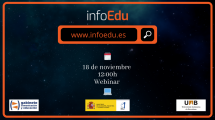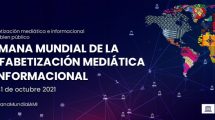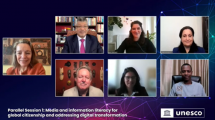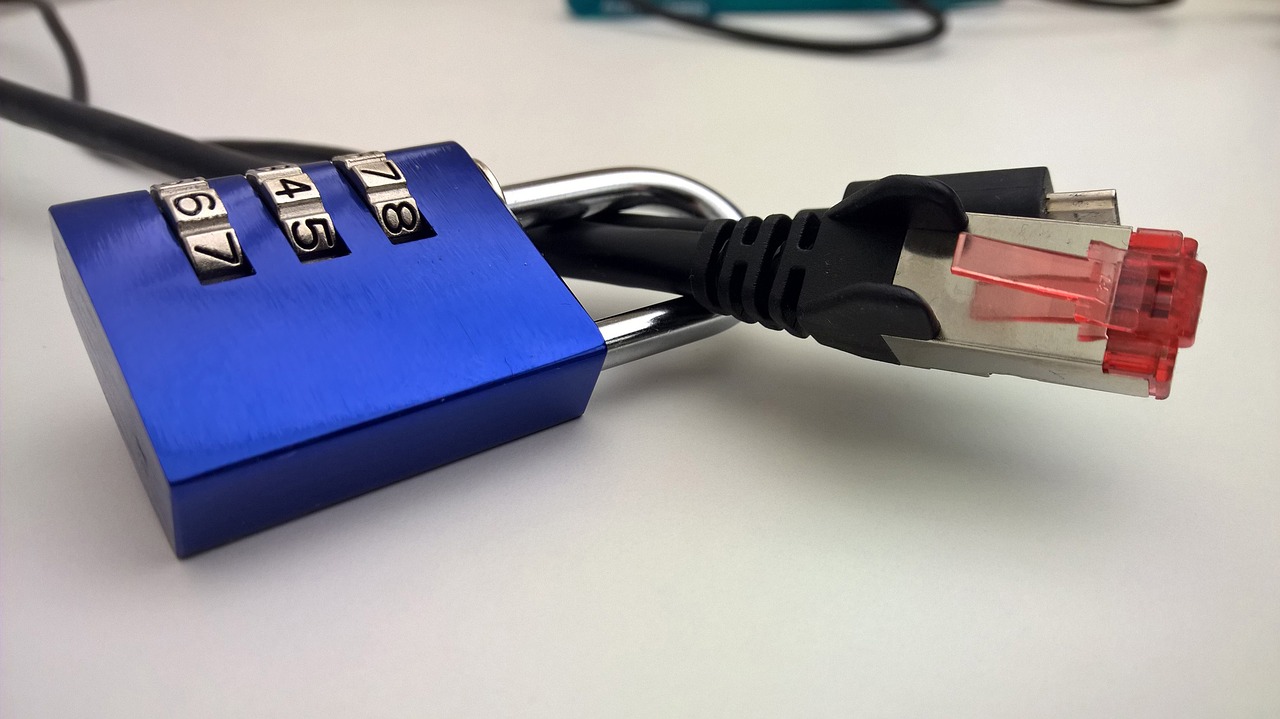Without language, there is no humanity. Without journalism, there is no democracy. Without Media and Information Literacy (MIL), there is no democratic human conversation.
For these reasons, when we enter a new global era — in which mediatisation has become deep and intensive, and information keeps growing — the fusion between journalism and MIL is the best guarantee of a democratic public conversation. A conversation that can contribute, decisively, to human beings achieving the realisation of their rights.
Hence, the co-operation between MIL and the journalistic work is a fundamental issue for assuring the quality of journalism in the immediate future. (…) A theme that is the key for the necessary reinvention of today’s journalism.
The co-operation between quality journalism and MIL is possible, because their values and objectives are equivalent. Both must respect people’s autonomy and critical sense. Both pursue truth and verification of information. Both promote public conversation, dialogue, and seek understanding among people; and defend pluralism and diversity, without censorship of any kind.
However, traditionally, journalism has ignored MIL. Until very recently, journalists were only concerned about reporting – and critically guiding the creation of people’s opinion. They believed that this was their only function. And they felt that they were mediators between the reality of the world and its audiences. In fact, they remained comfortably installed in the paradigm of broadcasting; broadcasters (journalists) were active, and the audiences (citizens) were just passive spectators.
But, today, the situation has changed radically. The intensive mediatisation of human life — produced by digitisation — has allowed traditionally passive audiences to become active participants; to interact with the media; to produce their own information; and to debate with relative freedom, often without the mediation of conventional journalism.
In this new context, the role of journalism must change; it must be reinvented. Its new mission is no longer to maintain the exclusivity of access to information, but to become a reliable reference, a guarantor of truth. Therefore, it is crucial to build and maintain credibility.
Journalism is no longer just the great soloist of the social concert. The new mission of journalism is not to issue opinions undirectionally, but to give voice to the citizens so that they participate equally in the public conversation; so that they engage in dialogue to enrich a democratic public conversation. Its new mission is to try to contribute to the harmony of the social orchestra, progressively wider and more plural, in which any citizen can participate.
None of this can be done without MIL. There will be no quality journalism without citizens’ quality participation in the public conversation. And to achieve this, media and information skills and competencies need to be enhanced and disseminated equitably among all citizens.
In the same way that no seed can sprout without good soil, no good journalism can flourish without citizens with sufficient media and information literacy. Nor will there be good human conversation if part of the group remains silent.
Many years ago, a journalist and Nobel Literature Prize laureate Albert Camus — African and European at the same time — established three requirements for critical (or quality) journalism: 1) to inform well; with no hurry, without rush; 2) to contribute to the understanding of the news by means of observations that grant the exact scope of information, whose source and intention are not always evident; 3) to provide the public with knowledge about information techniques and strategies, in order to “guard their critical spirit, instead of facilitating their life”. Camus thus, avant la lettre, called attention to the need for good journalistic profession to promote, in an exercise of transparency, the pedagogy of its procedures, that is to say, the critical competency of its audiences, then MIL.
Today, co-operation between journalists and the MIL movement has already become an inevitable commitment; just as respect for the public/citizens’ critical sense and autonomy, and their media competencies are inherent to good journalism and hence necessary to enrich our social conversation.
What can this commitment be built on? In my opinion, it is based on five essential principles that are perfectly illustrated in this manual, and that require collaboration between the world of journalism and that of MIL.
- That truth is built among all — journalists and citizens: This truth is always the fruit of a systematic work of verification, contrast, mutual understanding and criticism. A work that journalism and the MIL movement must do together.
- That fighting against lies entails fighting against prejudices, against stereotypes and against closed-mindedness: These prevent us from accepting those ideas that do not gratify us, that can be uncomfortable; which imposes a kind of silent censorship. Truth arises from going against the flow of conventional ideas, from exercising constant critical vigilance about our own thoughts; from attentive analysis, and from methodical doubt. Hence, both journalism and MIL are always united in nonconformity; in that they consistently attach more importance to questions than answers.
- That there is no journalistic credibility without ethics and honesty; and without accountability: Trust is built on respect between journalists and their audiences, on respect for ethical standards of behaviour, and honest professional practice. And that none of this can be achieved without known rules and without collective vigilance over those rules. Here the MIL movement can co-operate with quality journalism by promoting shared rules, accountability, regulation and co-regulation.
- That there is no quality journalism without public/citizen participation: Today’s journalism is no longer one-way; it involves citizen participation; it needs catalysing and energising social conversation. It benefits from people’s creativity, and from their contributions; as much as people benefit from good journalism. Therefore, the quality of democracy and journalism depends on the quality of this participation. For that reason, MIL and quality journalism assign great importance to the empowerment of citizens in front of the media and information. Hence, journalism can only progress as MIL advances.
- That both quality journalism and MIL have, as a means and as an end, to strengthen people’s rights equitably and without discrimination: To do so, they must resist the imposition of any power – political, economic or any other kind. In this way, neither political manipulation, nor commercial pressure, nor the pursuit of economic profit can overcome the civic duty shared by quality journalism and MIL.
From my point of view, based on these five principles a solid relationship can be established between the quality of journalism — in a society increasingly in need of its work — and MIL — the movement that drives the empowerment of people before the media and information.
From these, a strong alliance can be woven — as exemplified and updated by the Global Alliance for Media and Information Literacy (GAPMIL) and the international MIL and Intercultural Dialogue University Network, which UNESCO has been promoting for some time — and based on them, the training of journalists and the training of citizens can be improved, in order to build a new social conversation.
(…)












Add Comment